What is the
Definition of Knowledge?
and what do we understand when people talk about knowledge?
The Definition of Knowledge: It is a familiarity with someone or something, which can include information, facts, descriptions, or skills acquired through experience or education. It can refer to the theoretical or practical understanding of a subject. It can be implicit (as with practical skill or expertise) or explicit (as with the theoretical understanding of a subject); and it can be more or less formal or systematic.
The Oxford Dictionary.
Knowledge acquisition involves complex cognitive processes: perception, learning, communication, association and reasoning; while knowledge is also said to be related to the capacity of acknowledgement in human beings.
Stanley Cavell, "Knowing and Acknowledging,"Must We Mean What We Say?(Cambridge University Press, 2002), 238–266.
This diagram is reproduced from "Creating the Knowledge based Business" by Debra M. Amidon and David J. Skyrme Copyright Business Intelligence.
Aspects of Knowledge
Knowledge in any context involves the following aspects:
- Know-That: The Basic sense of Knowing
- Know-How: The Knowledge of how to get things done
- Know-Who: Knowing who can help.
- Know-When: A sense of timing.
- Know-Where: Knowing where things are best carried out.
- Know-Why: The wider context and vision.
In order to carry out any task you need various areas of Knowledge.
Think about any task you need to do - for example; reading this text.
- Know-That: You knew that the search engines would give you websites that would supply you with information close to what you typed in as a search. You knew that was how to get to this page to find this information.
- Know-How: You knew how to Search, You knew how to distinguish between good solid information and others. You knew how to enter the search terms and then to interpret the information returned.
- Know-Who: You knew the person writing this webpage or indeed some of those quoted?
- Know-When: You knew when to go online.
- Know-Where: You knew where to go online and where to search.
- Know-Why: You knew why this information might be of importance to your work or indeed to your organisation.
More On The Definition Of Knowledge
On a personal level, these knowledge types can be ordered into four levels. (Quinn et al., 1996)
- Cognitive Knowledge (Know-what) – the basic mastery of a discipline
- Advanced skills (Know-How) – beyond book learning into practical execution
- Systems understanding (Know-Why) – a deep knowledge of cause and effect, the ultimate expression of which is intuition.
- Self-motivated creativity (Care-Why) – the will and motivation to succeed.
Go to top of Definition of Knowledge page






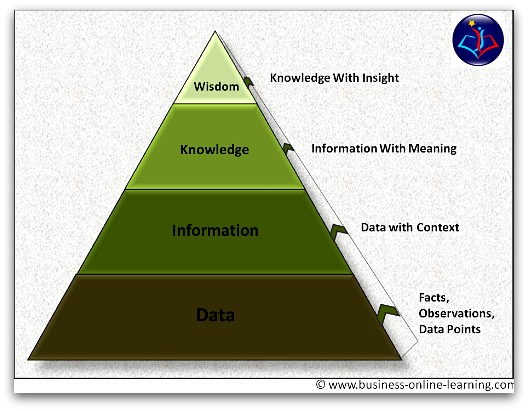
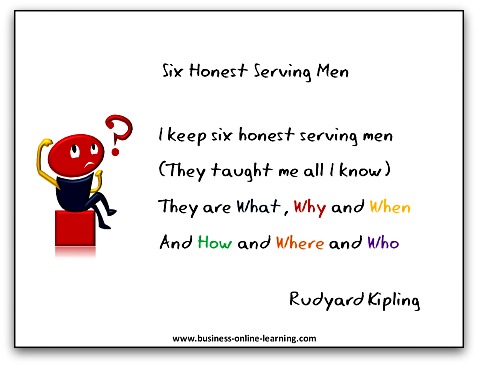
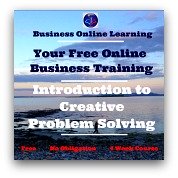
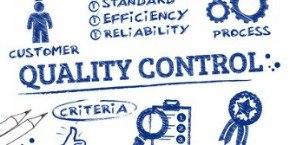

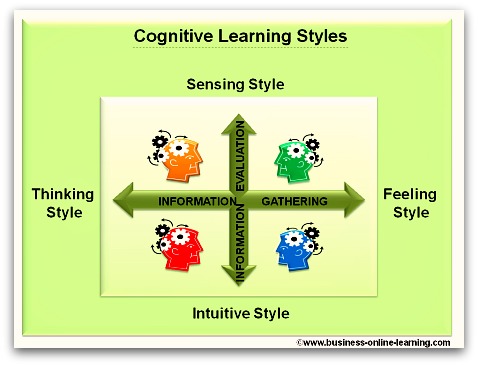
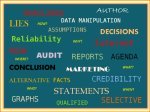

 My name is Martha and I have worked for over 30 years in various aspects of business and in various countries, right around the world.
My name is Martha and I have worked for over 30 years in various aspects of business and in various countries, right around the world.